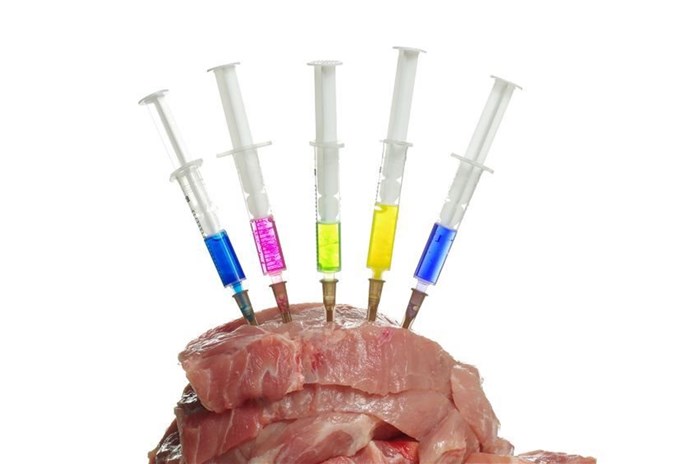
Top stories






More news

Marketing & Media
Ads are coming to AI. Does that really have to be such a bad thing?















According to the World Health Organisation (WHO), antibiotic resistance is one of the biggest threats to global health and food security today. Once bacteria become resistant to antibiotics, drugs will become less effective against bacterial infections. WHO has warned that the world is facing challenges with antibiotics that still work as many of these are used extensively to treat human patients. WHO has called on industry and governments to urgently develop a new generation of drugs.
Van Reenen says that the issue of antibiotic resistance is not only something that impacts human health, but also the cattle industry.
"Farmers must understand that their herds will become far less valuable if antibiotics are not used responsibly. We should not continually use antibiotics in feed for cattle. Instead, we should be looking at ways to build herd health."
Dr Shaun Morris, a feedlot consultant in South Africa, says that the use of antibiotics must be sensible, in other words, only with to tend to the welfare of sick animals.
"We should practice judicious use of antibiotics where we ensure that the right dose is administered to cattle and adhere to strict antibiotic withdrawal periods before the animal is sent to slaughter. This will ensure that enough time passes so that no antibiotics are present in the meat before it is consumed," says Dr Morris.
"Cattle farmers should be vaccinating cows and focusing on building an immune system within the calf. Contrary to popular belief, it’s more cost-effective to take this approach. This will ensure that you will more than likely get a higher production rate," says van Reenen.
According to Dr Morris, building a healthy herd starts with vaccinating the parent stock. "Cows should be vaccinated at least 30 days prior to calving as this vaccination will ensure that new-born calves are protected, through colostrum, against bacterial environmental challenges that they will face in their first few months of life," says Dr Morris.
Another way to build herd health with a calf is to take advantage of the ‘golden period’ of colostrum administration. Dr Morris explains that in the first six hours after its birth, there is a golden period in which a calf must have an optimum intake of colostrum through suckling on its mother. The colostrum contains high levels of vitamin A, protein and energy. Missing out on the golden period will leave calves vulnerable to neonatal diseases, thereby exacerbating the issue of over-reliance on antibiotics.
"This will help farmers produce quality South African beef that will over the long term be superior. This is because these animals will be far more valuable than those who have been over-exposed to antibiotics," concludes van Reenen.